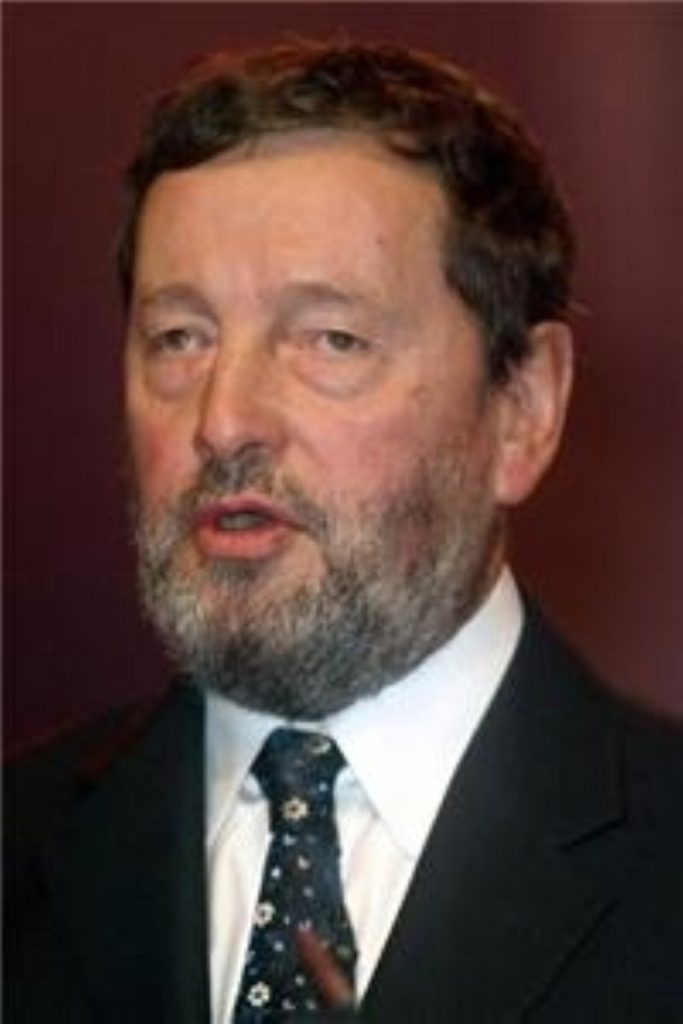New anti-terror powers planned
David Blunkett has today unveiled proposals which aim to double the time the police can detain and question terrorist suspects.
The attempt to extend the maximum detention time of terrorist suspects from 7 to 14 days, subject to court approval, is one of the Home Secretary’s proposed amendments to the Criminal Justice Bill, which will be tabled today.
Mr Blunkett also has plans to introduce tougher penalties for passport and driving licence fraud by making such activity an arrestable offence.
Anyone found guilty of fraudulently applying for a driving licence will also now face a maximum penalty of two years in prison as opposed to a fine of £2,500.


However, the Home Secretary has attracted criticism from human rights campaigners who deem the plans to be “ill-considered”.
Mr Blunkett acknowledged that his proposals would be seen to be controversial, but maintained that the move is necessary due to the complex nature of police investigations in this area.
He said, “It takes time to investigate members of loose-knit networks across international boundaries. To close in on terrorists, the police increasingly need to analyse complex material.”
He continued, “While the seven-day window for the investigation of terrorist suspects is often enough, in exceptional or complex cases the police may need more time.”
On the issue of identity fraud he said, “Passport and driving licence fraud are gateway offences to organised crime and terrorism. Our legislation must keep pace with increasingly sophisticated criminals and complex crimes. The police must have the powers they need to do their job and protect the public.”
Chief Constable Michael Hedges, who deals with terrorism and allied matters for the Association of Chief Police Officers (ACPO), demonstrated support for the proposals.
He said, “Additional time to complete a thorough investigation will add significantly to our ability to protect the public from the enduring threat from terrorism, whilst respecting the rights of individuals.”
However, Mark Littlewood, campaign director of Liberty – the human rights group – disagrees.
He said, “These proposals are ill-considered, unnecessary and politically motivated.”
“There seems to be no end to this Government’s tendency to rush through ever-more draconian powers in order to appear `tough on terror’. There is precious little evidence to suggest that the present provisions are inadequate.”











